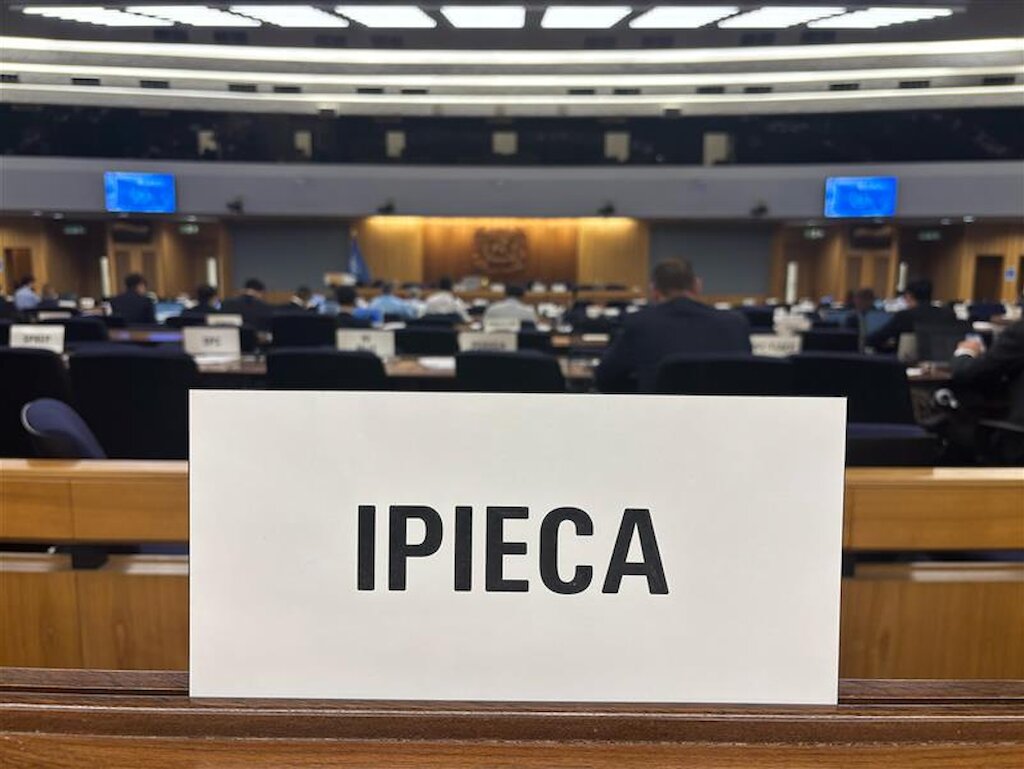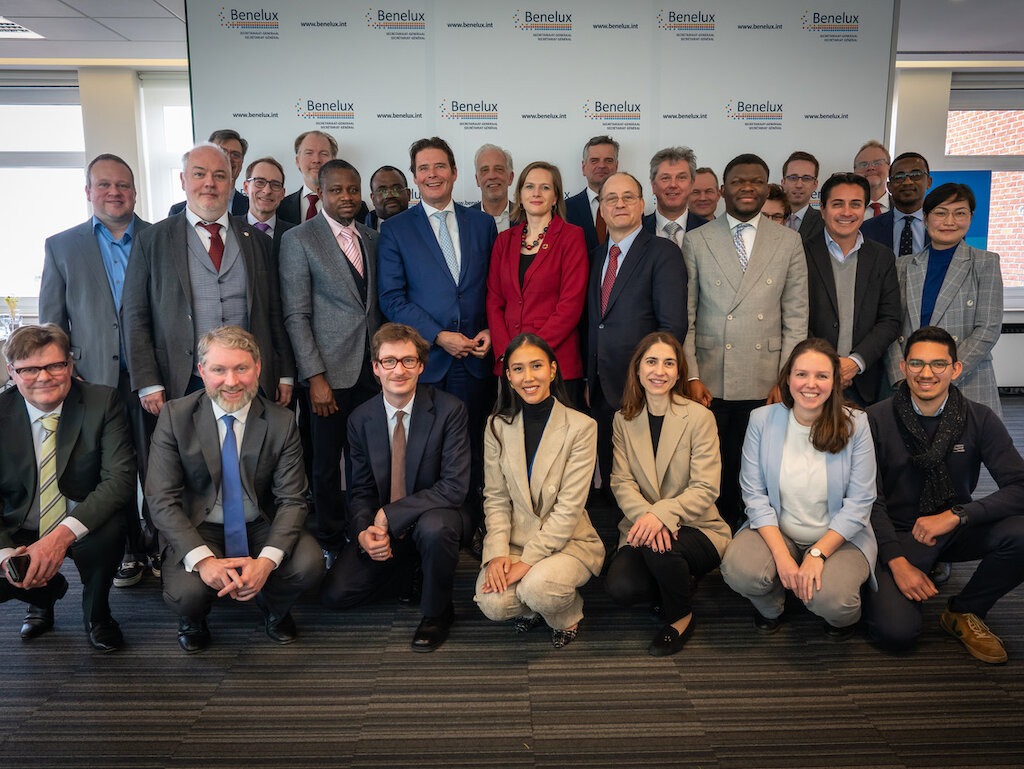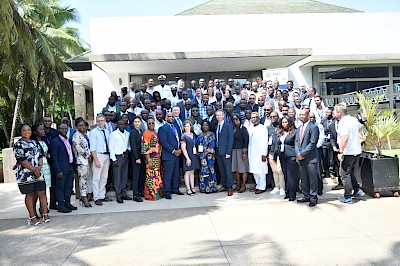
The objectives of the conference were to:
- present some recent and ongoing activities in the WACAF region;
- facilitate the exchange of information and best practices;
- identify the actions to be implemented as a priority within the 2023-2024 biennial action plan in order to enhance preparedness for and response to oil spills in the region;
- discuss the possible axes of evolution of the GI WACAF project; and
- exchange about possible ways of improvement to reinforce cooperation between industry and governments.
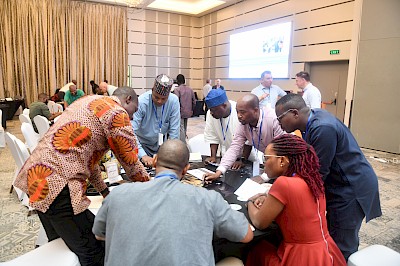
During the conference, delegates had in-depth discussions on four major topics: highlights of the last biennium, national preparedness, joint engagement between governments and industry and finally, an outlook on the upcoming biennium. Prior the event, national delegates assessed the level of preparedness by updating their respective country's profile as well as by drafting their national action plan. The last day of the conference was dedicated to face-to-face meetings with national delegates to discuss these documents. The conclusions of these meetings will be used to develop recommendations to feed into the strategic action plan for the 2023-2024 biennium.
After three challenging years, the continued industry presence and enthusiasm of national delegates at this GI WACAF biennial conference has continued to emphasise the uniqueness and key successes of this initiative. Delegates expressed a real eagerness to see the activities return to the countries, and a wish to see the GI WACAF project continue over time.
About GI WACAF
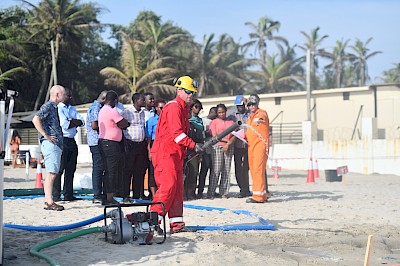
Early in 2005, IMO and Ipieca expressed interest in joining forces to develop a project for the West, Central and Southern Africa region, for an initial period of two years. Further discussions and developments led to the establishment of GI WACAF in 2006. Since then, GI WACAF has an agreed two-year business plan and implementation cycle. The regional conference, held every two years to review objectives and to develop the next stage of the action plan, plays an integral part in the programme's management process.

